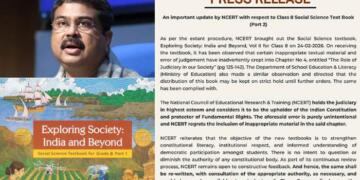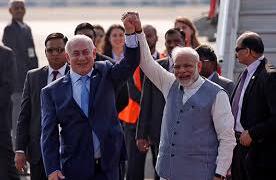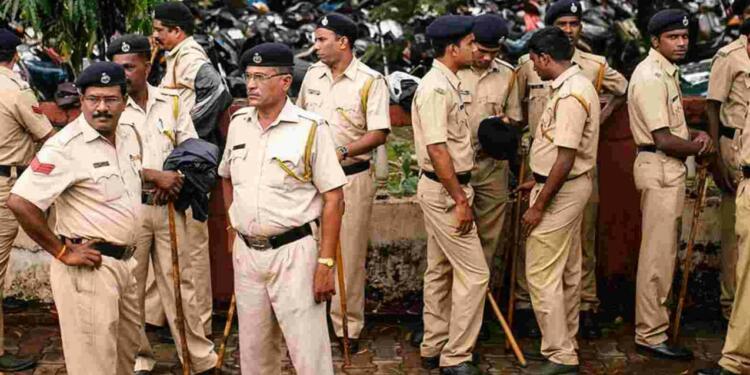The cases of police brutality evoke different reactions. The aggressor and the victim are seen through a political lens, and it is then decided if the action deserves outright condemnation or if it can be brushed under the carpet. But at the end of the day, no one can deny that police brutality do not take place. And obviously, everyone agrees that they shouldn’t take place.
Yet, there is a need to understand why the police system has become unkind and how it can be made people-centric and people-friendly.
Police system and its colonial hangover
Police forces in India lack something really important- institutional reforms and adaptation to changing times. At its very core, police forces are not structured to serve the people. They are structured to serve the ruling establishment.
Now, I know you would be surprised. After all, many Bollywood movies have told you something else
However, the Indian police system was founded by the British. And a 19th-century law- the Police Act, 1861 still deals with the powers, functions, and duties of the police forces.
If you notice the year of enactment of the Police Act- 1861, you will find that the British enacted the key legislation that still deals with state police forces in the aftermath of the 1857 rebellion. The British Crown had just taken over from the East India Company and therefore it needed an institution to curb revolutionary activity and dissent.
British designed police forces as private militias
For many British officers coming to India in the colonial days, protecting their own life and limb was a matter of priority. They were oppressing an angry population and many revolutionaries were ready to take down the British Raj, even if violent means had to be used.
Therefore, the British decided to raise police forces on the lines of private militias whose primary job was to protect the ruling elite. The police forces functioned as the personal security teams of the British officers and cracked down on the Indian subjects at the time at the slightest of provocation.
Read more: Police Force has long been used as private militias by state governments. Amit Shah is changing that
There are actually cases of police brutality that became common in the colonial era. Police forces were instructed by the British to beat up revolutionaries mercilessly and such incidents popularised the lathi charge in the Indian police system. Ultimately, the British started using a similar course of treatment for all revolutionaries and freedom activists, irrespective of their violent or nonviolent character.
Colonial roots carried forward
The British left India in 1947. On January 26, 1950, India became the Democratic Republic. However, the colonial character of the police forces remained unchanged. The Police Act, 1861 remains in force, though its blatantly colonial character has been diluted with ornamental amendments and modifications. The Model Police Act drafted by the National Police Commission, 1979-81 (NPC) hasn’t been adopted by many states either.
So, after 1947, police forces remained the same and only their masters changed. Earlier, they were serving English masters and now they started serving elected leaders. No conscious effort was made by the policymakers to create people-friendly and people-centric police institutions.
If in the colonial era, the British used police to protect themselves from Indian revolutionaries, the ruling political establishment today uses it for harassing its opponent leaders and activists or for curbing public demonstrations with coercive means.
The police personnel indeed do redress grievances and they do serve the public. But this becomes more of an auxiliary function because the British origin and character of the police forces haven’t been completely erased. If police brutalities have to be made a thing of the past, the country needs some big reforms. The police need to be set free from the control of their political bosses and their colonial origin replaced by a more people-centric structure.




























